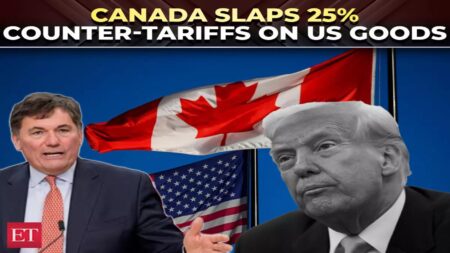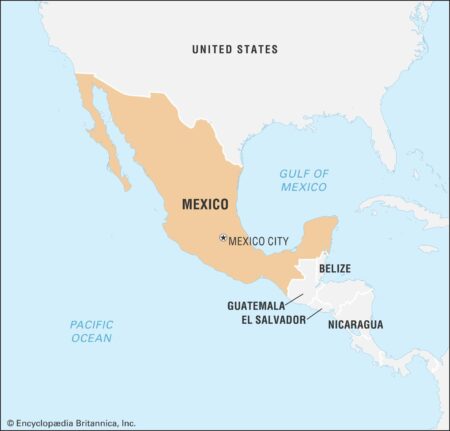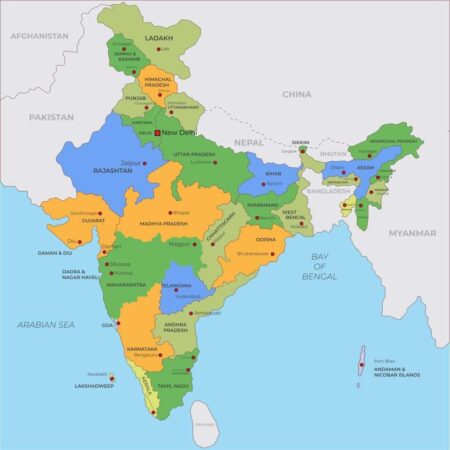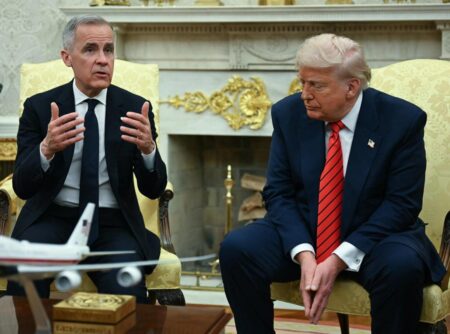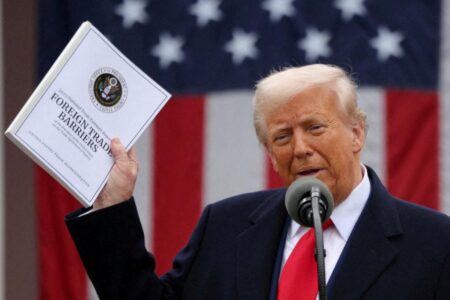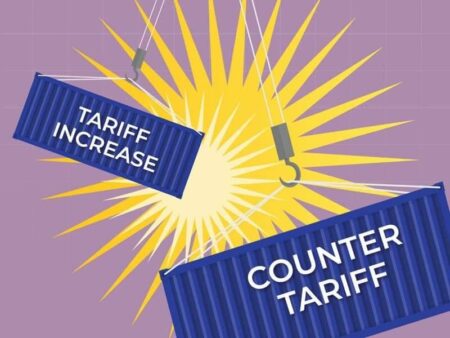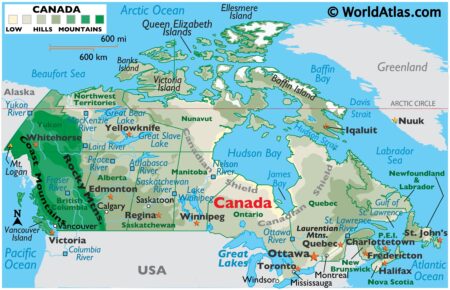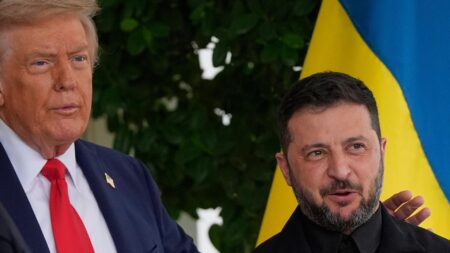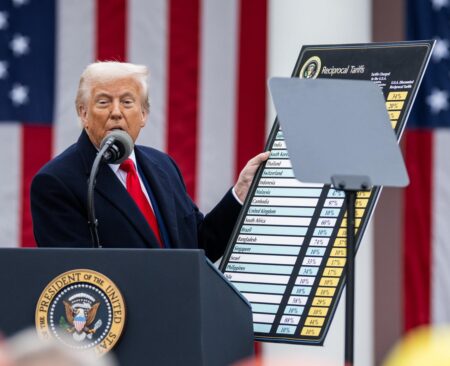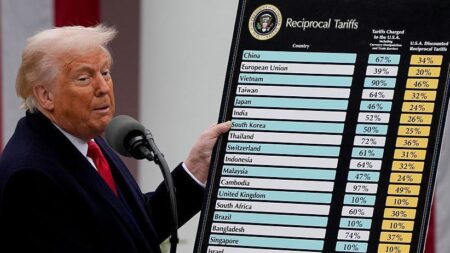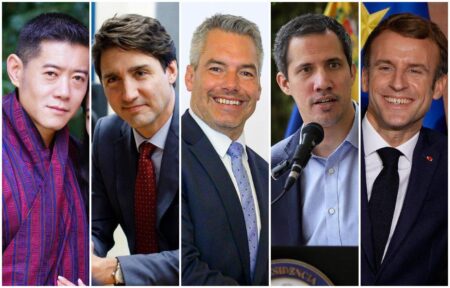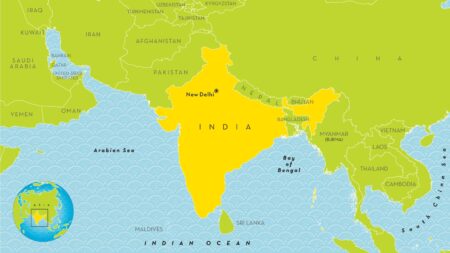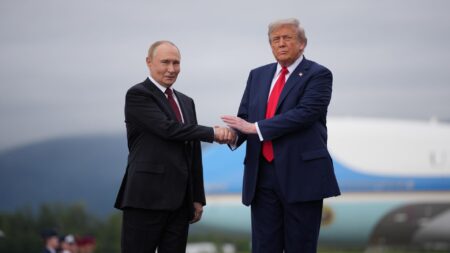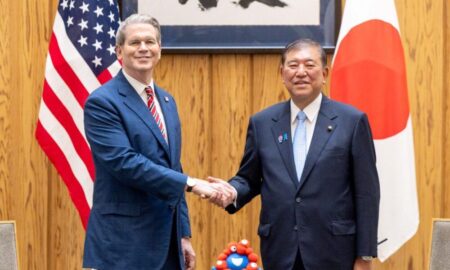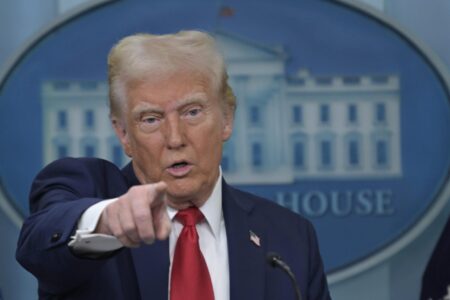US companies operating in China are standing their ground despite soaring tariffs, highlighting intricate supply chains and strong market connections. Many confess they feel “trapped,” as relocating operations would be both expensive and extremely difficult
Browsing: tariffs
Most of Canada’s counter-tariffs on U.S. goods have now been lifted, marking a significant step toward easing trade tensions between the two countries. This encouraging progress follows months of intense negotiations aimed at restoring a smoother and more collaborative bilateral trade relationship
Brazil is boldly rethinking its approach in the wake of recent U.S. tariffs impacting key exports. Officials in BrasÃlia are actively exploring fresh trade strategies during ongoing negotiations, committed to protecting Brazilian industries and ensuring uninterrupted access to global markets
This week in Mexico: trade talks with Brazil are heating up, new tariffs on Chinese imports have taken effect, and political tensions are soaring with fiery televised attacks as elections draw near. These pivotal events promise to reshape Mexico’s economic and political future
India has unveiled a bold new strategy to tackle the economic hurdles created by Trump’s 50% tariffs on key exports. This dynamic plan aims to boost trade partnerships and empower domestic industries, fueling long-term growth and resilience
Brazil’s beef tariff dispute is sending shockwaves through global markets, putting exporters everywhere on high alert. As trade barriers climb, supply chains and prices face unprecedented pressure, driving countries to rethink strategies and explore fresh opportunities amid mounting tensions
Canada’s counter-tariffs have rocked the very core of CUSMA, a U.S. envoy declared, accusing Ottawa of pulling the rug out from under the trade deal and stoking escalating tensions between the two countries
Former President Trump has unleashed a powerful 50% tariff on Indian goods, hitting back at India’s continued purchase of Russian oil despite worldwide sanctions. This daring move escalates the trade battle between the two nations to a whole new level
The steel union warns that removing counter-tariffs at this moment would be a risky gamble, especially amid rising fears that President Trump is weakening CUSMA. They stress that these protective measures are crucial to safeguarding the North American steel industry
Brazil eagerly looked to the U.S. for support in developing rare earth mining to meet soaring demand for these vital materials. However, escalating tariff tensions have cast a shadow over this partnership, slowing progress in strengthening supply chains essential for cutting-edge technologies
Canadian banks have posted impressive earnings, deftly sidestepping the toughest blows from tariff challenges, Reuters reports. Strong consumer spending and well-diversified portfolios were crucial in cushioning the impact
Canada has announced it will lift most retaliatory tariffs on U.S. goods, marking a significant breakthrough in easing trade tensions between the two neighbors. This move follows encouraging progress in bilateral talks aimed at resolving ongoing disputes, Al Jazeera reports
Former U.S. President Donald Trump has delivered a bold warning of “massive sanctions or tariffs” targeting Russia within the next two weeks, signaling a tough and unwavering stance amid rising tensions, Anadolu Ajansı reports. The specific details of these possible actions remain under wraps for now
Trump’s tariff war sent shockwaves through global trade, compelling India and China to reconsider their age-old rivalry. Recent diplomatic talks show these two Asian giants are now seeking new ways to deepen cooperation and join forces against growing economic challenges
Trump-era tariffs on Chinese goods have ignited a remarkable surge in trade between China and the Global South, reshaping the global economic landscape like never before. Experts emphasize that this shift is challenging the long-standing dominance of Western-led trade dynamics
A global powerhouse that once boldly challenged Trump’s tariff policies is now deepening its ties with China, igniting curiosity about shifting alliances and evolving trade strategies in the face of escalating global economic tensions
India and the US have yet to finalize a tariff agreement, prolonging trade tensions that affect key industries on both sides. This ongoing standoff underscores the intricate challenges in their bilateral relationship and threatens to unsettle global economic stability
President Trump has just extended the tariff truce with China by another three months, hitting the pause button on new levies as trade talks gain momentum. This strategic move aims to ease tensions and open the door for meaningful progress between these two economic powerhouses
The US-Japan trade deal secures the lowest tariff rates ever on semiconductor chips and pharmaceuticals, a Japanese official revealed, setting the stage to turbocharge supply chains and strengthen economic ties, Reuters reports
India’s “Elbows Up” movement surges forward with bold defiance against Trump’s tariff threats, celebrating strength and solidarity. Inspired by the fierce spirit of hockey-minus the game itself-it stands as a powerful symbol of resilience amid rising trade tensions

